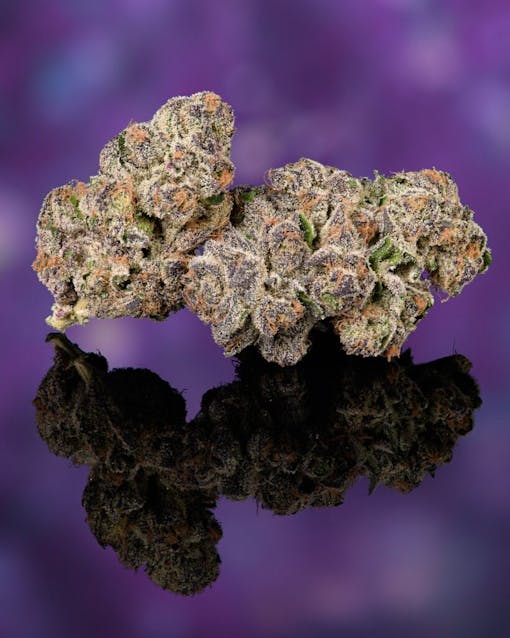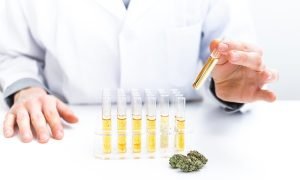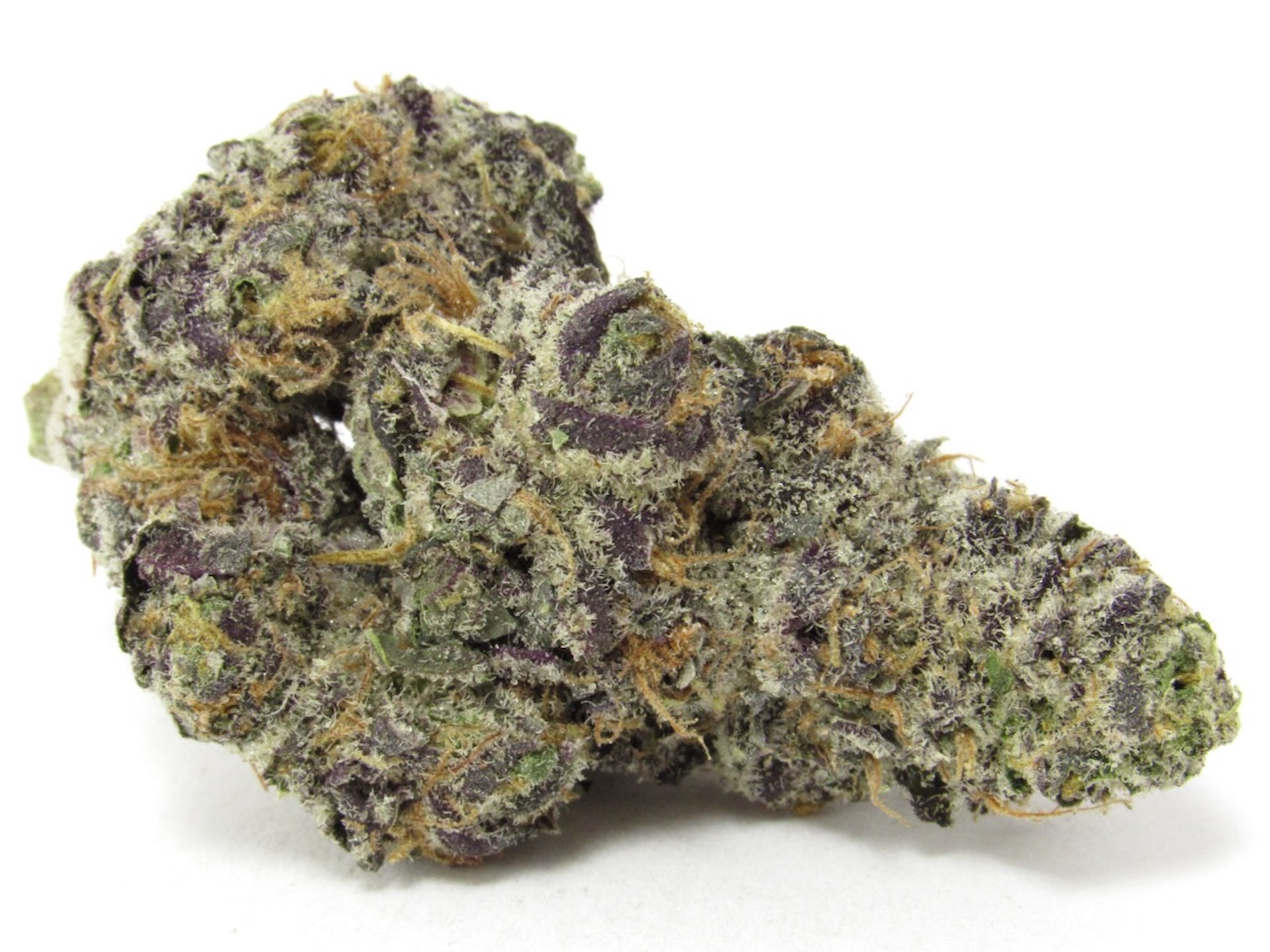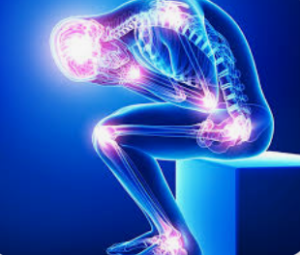The Remarkable Benefits of Delta-8-THC: Unveiling the Potential of a Unique Cannabinoid
In recent years, the cannabis industry has witnessed a surge of interest in the therapeutic benefits of cannabinoids. While much attention has been focused on the well-known compounds like CBD and Delta-9-THC, a lesser-known cannabinoid called Delta-8-THC has emerged as a topic of interest. Delta-8-THC possesses its own set of unique properties, offering a range of potential benefits to users. In this article, we will explore the benefits of Delta-8-THC and shed light on its growing popularity.
What is Delta 8 THC
Delta-8 THC, also known as delta-8 tetrahydrocannabinol, is a psychoactive cannabinoid derived from the Cannabis sativa plant, specifically from hemp. It has gained significant popularity across the United States due to its availability, even in states where marijuana is illegal. The legal status of delta-8 THC is somewhat complex and varies from state to state.
At the federal level, delta-8 THC is legal and unregulated due to a loophole in the 2018 farm bill. The farm bill legalized hemp, which is defined as any part of the cannabis sativa plant with less than 0.3% THC content. Since delta-8 THC is sourced from hemp and not marijuana, it falls within the legal threshold and is not considered illegal at the federal level.
However, the legality of delta-8 THC becomes more nuanced when considering state laws. As of April 2023, 24 states, including Washington DC, have unintentionally legalized hemp-derived intoxicants, including delta-8 THC, by updating their controlled substance laws to reflect the changes in the 2018 farm bill. This means that in these states, delta-8 THC, along with delta-10, is technically legal.
On the other hand, some states have chosen to regulate the production and sale of delta-8 THC. These states include Minnesota, Louisiana, Kentucky, South Dakota, Virginia, and Vermont. They have put in place regulations to govern the use and distribution of this compound. Other states may also have their own evolving regulations regarding the legal status of delta-8 THC.
Despite its legality, there are concerns about the safety and regulation of delta-8 THC products. The compound is psychoactive and can cause intoxication, but its effects are reported to be milder compared to traditional delta-9 THC found in marijuana. Nevertheless, experts, including medical professionals and legislators, have raised concerns about the unregulated production and accessibility of delta-8 THC products. There have been reports of adverse events related to the consumption of these products, particularly among children, who may mistake them for regular snacks due to similar packaging designs.
Recently, the Federal Trade Commission (FTC) and the U.S. Food and Drug Administration (FDA) have taken action against companies marketing edible products containing delta-8 THC that resemble popular snack foods. They sent cease and desist letters to six companies that were selling such products in packaging almost identical to well-known snacks, like Sour Patch Kids, Doritos, Cheetos, and Nerds Ropes, among others. The agencies expressed concerns about the potential risks these products pose, especially to children, who might inadvertently ingest high doses of THC, thinking they are consuming regular snacks.
What are the Benefits of Delta 8 THC Products
Reduced Psychoactive Effects:
Delta-8-THC shares a similar molecular structure with Delta-9-THC, the primary psychoactive compound in cannabis. However, Delta-8-THC exhibits a lower psychotropic potency, meaning it provides a milder and more manageable high. This characteristic makes it an attractive option for individuals seeking a more gentle and controlled cannabis experience. Users may experience increased focus, mental clarity, and relaxation without the overwhelming effects associated with higher levels of Delta-9-THC.
Antiemetic Properties:
One of the notable benefits of Delta-8-THC is its potential antiemetic (anti-nausea) properties. Research has shown that Delta-8-THC can stimulate appetite and alleviate nausea and vomiting, making it a valuable tool for individuals undergoing chemotherapy or experiencing gastrointestinal disorders. By interacting with the body’s endocannabinoid system, Delta-8-THC may provide relief from symptoms associated with chemotherapy-induced nausea and other related conditions. If you’re interested then check out budwinners.com
Anxiolytic Effects:
Anxiety disorders affect a significant portion of the population, and many individuals seek natural alternatives to manage their symptoms. Delta-8-THC has shown promising anxiolytic properties, meaning it may help reduce anxiety levels. By interacting with the CB1 receptors in the central nervous system, Delta-8-THC can potentially promote relaxation and alleviate stress without inducing the excessive anxiety or paranoia often associated with higher levels of Delta-9-THC.
Potential Pain Relief:
Cannabinoids are renowned for their analgesic properties, and Delta-8-THC is no exception. Preliminary studies suggest that Delta-8-THC may possess pain-relieving qualities, making it a potential alternative for individuals seeking natural relief from discomfort. Its interaction with both CB1 and CB2 receptors in the endocannabinoid system may help modulate pain perception, offering potential benefits for those dealing with chronic pain conditions.
Neuroprotective Potential:
The neuroprotective properties of cannabinoids have garnered considerable interest from researchers. Delta-8-THC, like other cannabinoids, interacts with the endocannabinoid system, which plays a vital role in maintaining balance and protecting the nervous system. Some studies have suggested that Delta-8-THC may have neuroprotective potential, potentially contributing to the management of neurodegenerative disorders and protecting brain health.
While Delta-8-THC is still a relatively new player in the realm of cannabis research, early studies and anecdotal evidence suggest a range of potential benefits. From its reduced psychoactive effects to its potential in relieving nausea, anxiety, pain, and even protecting the nervous system, Delta-8-THC offers an intriguing alternative for those seeking the therapeutic potential of cannabinoids without the intensity often associated with Delta-9-THC. As research and understanding of Delta-8-THC progress, it has the potential to carve out its own unique place in the field of cannabinoid-based therapies, providing individuals with a valuable tool to improve their well-being.
What you need to know about taking Delta 8 THC
Delta-8 THC, also known as Delta-8 tetrahydrocannabinol, is a psychoactive compound found in the cannabis plant. It produces similar effects to marijuana (Delta-9 THC) but at a lower potency. Most Delta-8 is synthesized from CBD, making it federally legal under a 2018 farm bill legalizing hemp. However, some states have banned its sale and use. Delta-8 is often sold in various forms, including edibles like gummies and snacks.
Recently, there have been concerns regarding the marketing and packaging of Delta-8 THC products, particularly those that resemble popular snacks and candies targeted at children. The FDA and FTC issued cease and desist letters to six companies selling Delta-8 products deceptively packaged as familiar name-brand snacks. This deceptive packaging can lead to accidental ingestion by children and pose significant dangers, including psychosis, severe vomiting, addiction, anxiety, tremors, loss of consciousness, confusion, and dizziness.
Children are especially vulnerable to the effects of THC, and reports of children consuming Delta-8 edibles have increased in recent years. In 2021, there were 3,045 reported cases of children ingesting THC or CBD-infused snacks, a significant increase compared to previous years. The potential risks and adverse effects have prompted regulatory actions to protect children and consumers.
The safety of Delta-8 THC products is a subject of concern and debate. Due to a legal loophole, Delta-8 is not strictly regulated at the federal level, making it easily accessible in various stores, including gas stations and herbal shops. Much of the Delta-8 on the market is not sourced directly from the cannabis plant but is rather refined from CBD, raising concerns about the safety of the refinement process and the possibility of harmful chemicals making their way into consumer products.
The FDA has released guidelines warning against the consumption of Delta-8 products, emphasizing the potential dangers of synthetic conversion and the use of unsafe household chemicals during the refinement process. The lack of comprehensive regulation has led to an explosion of Delta-8 products and raised medical and legislative concerns.
In conclusion, taking Delta-8 THC comes with potential risks and dangers, especially when marketed and packaged in a way that may appeal to children. The unregulated nature of the industry raises safety concerns, and consumers should exercise caution when considering the use of Delta-8 products. States are actively working to address this issue through regulation and monitoring the market to protect public health and safety

















































